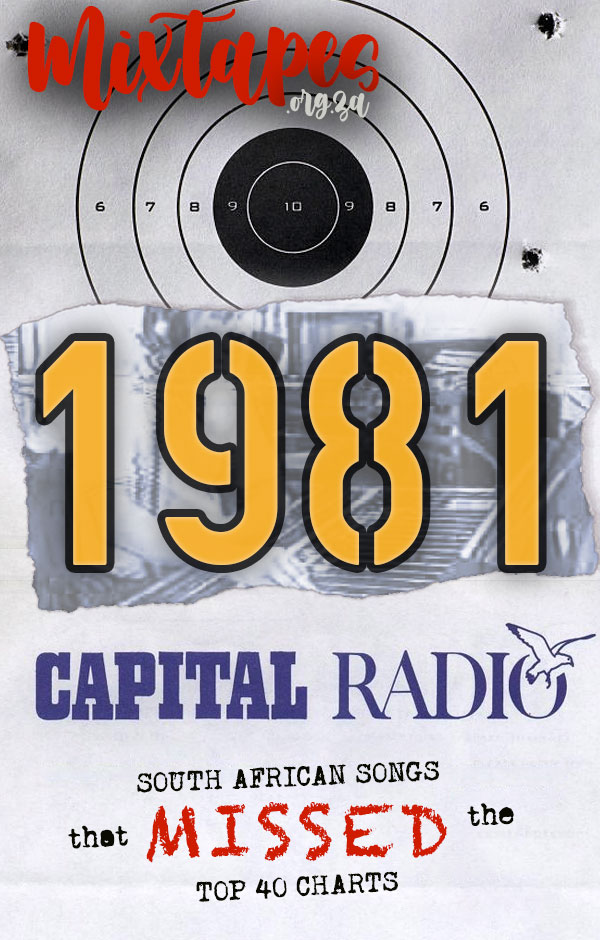
While we tend to take weekends for granted it is worth remembering that workers struggled hard for centuries for the luxury of two days off at the end of the week. New Zealand was the first country to officially adopt a two-day weekend in 1908, and thereafter more and more countries followed. Today, weekends are a part of life in many cultures, providing opportunities for recreation, family time, relaxation, including partying and listening to music. During the apartheid era, employed black South Africans relished any time in which they could escape from their employers’ hold over them, so weekends off work, if experienced, were especially cherished. This mixtape includes a selection of South African songs which celebrate the weekend, mostly from the apartheid era.
We start off with two of South Africa’s most iconic weekend celebratory songs: eVoid’s ‘Jiving To The Weekend Beat’ captures the sense of fun which the weekend jol promised, while Juluka sang a love song to the coming weekend, a worker viewing the weekend as they would a lover. Many of the songs here follow similar themes, either looking forward to the weekend or simply enjoying it when it arrives. Brenda and the Big Dudes, however, warn against being used by someone simply as their ‘Weekend Special’. As Brenda Fassie sings, ‘I’m no weekend, weekend special’. We end off with Seba Kaapstad’s ‘Friday That’s Good’: “Friday that’s good, uhm, that’s good, that’s good, uhm, that’s good, that’s good, that’s good, that’s good, that’s good, that’s good, that’s good, that’s good, that’s good, that’s good.” Indeed!
- Jiving To The Weekend Beat – eVoid
- Woza Friday – Juluka
- Phelaviki (Let The Weekend Come) – Irene And The Sweet Melodians
- Weekend Special – Brenda And The Big Dudes
- Friday (Zis’imali Yam) – Peto
- Woza Weekend – Respectors
- Weekend – Jazz Maniacs
- This Weekend (Vocal Version) – The Dynamics
- Saturday Night Special – Vairkweru
- Weekend – Springbok Nude Girls
- Welcome To The Weekend – The Parlotones
- Feels Like Friday – Louis And The Jive
- Friday Night – Vusi Shange
- Saturday Night – Supa Frika
- Saturday Fever – Jivaro
- Saturday Night – Pacific Express
- Saturday Night – Rebecca
- Woza Friday – Mapaputsi
- Friday Morning – Neville Nash
- Ready For The Weekend – MarcAlex
- Friday That’s Good – Sebe Kaapstad


